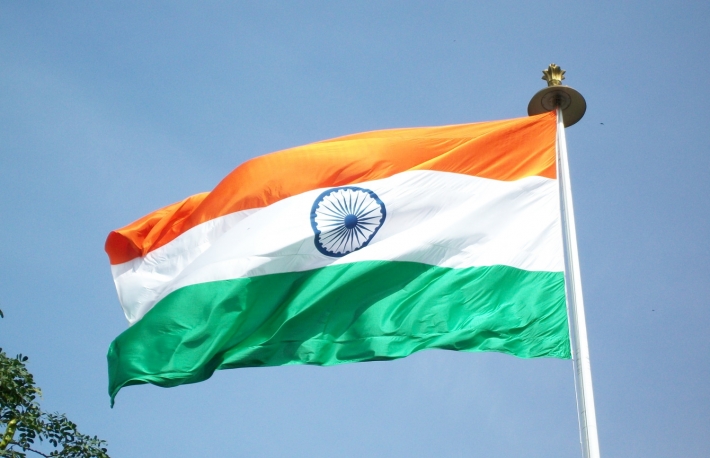
Crypto Transactions Are Not Banned By India's Central Bank-Owned Retail Payments Platform

According to an ET survey, some banks have blacklisted merchants who purchase or sell cryptocurrencies, but few are preventing consumers from financing crypto trading accounts via net banking or the United Payments Interface (UPI).
“Customers of banks which have disabled crypto cannot anyway use facilities like UPI, net banking or cards,” the industry official told ET. “However, trades continue to happen as many banks are still allowing.”
According to certain analysts, the government will be best served to legitimize bitcoin by taxing it similarly to corporate stock.“Just like you cannot ban porn, you cannot ban cryptocurrency,” Ratan Sharda, author, editor, and TV panelist, said last year.
On Wednesday, IndiaTech.org, a business group that represents India's consumer internet startups and developers, released a white paper urging the government to recognise cryptocurrency as digital assets rather than currencies.
“If NPCI had taken a central decision to disable united payments interface and RuPay cards for investing in cryptos, it would have applied to all banks uniformly and left investors with fewer payment options,” an industry official told ET.
